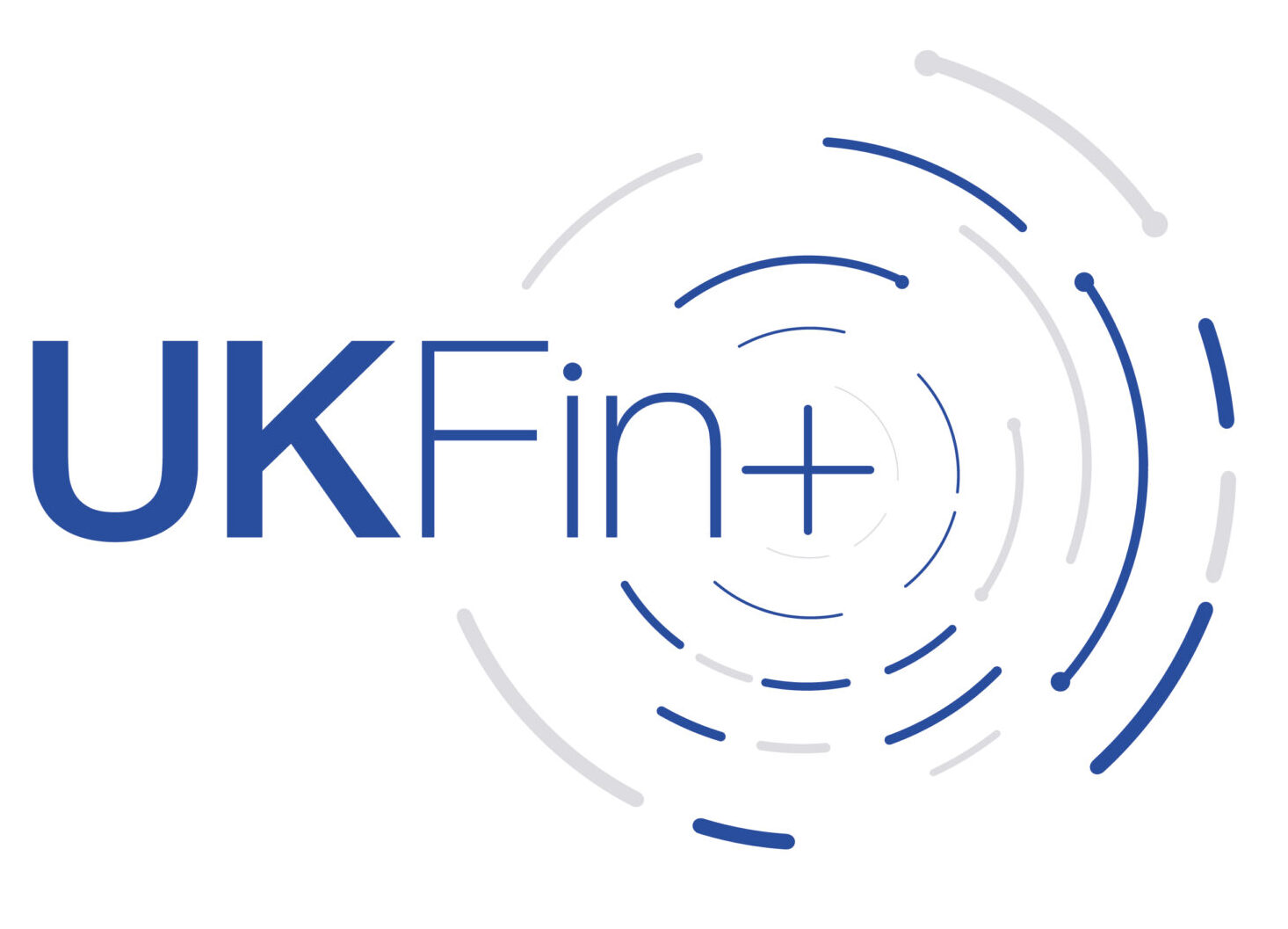| Funding documents |
| Application | Written funding proposal, usually for a formal competitive selection process |
| Award | An confirmed allocation of research project funding. |
| Call guidance | Details of the available funding types, deadline, criteria |
| Collaboration agreement | Legal document describing the collaborative relationship, responsibilities and allocation of funding |
| Award letter | Legal document confirming the amount allocated, dates of funded period and terms and conditions |
| Financial funding terms |
| Directly Allocated costs | These are costs that are already budgeted for, and are then allocated to the project. For example a percentage of an academic investigators’ time. |
| Directly Incurred costs | These are costs that are only incurred because funding has been awarded. For example travel costs or researcher time. |
| Estates costs | The costs of maintaining the HEI estate, buildings, heat, light furniture |
| fEC | A research and innovation associate: carries out research or innovation work on a project and must be employed by the lead organisation or one of the collaborating organisations |
| Final Expenditure Statement (FES) – | a statement normally produced by the research support office of the final expenditure on a grant. |
| Indirect costs | The indirect costs of supporting the project e.g. human resources, finance office. |
| In-kind costs | In-kind costs are resources that are provided for the benefit of the project but not claimed from it. For example, partner staff time or use of partner premises. |
| Matched funding | Additional cash funding provided by non-HEI partners to match the funder award. |
| Partner costs | Costs incurred by the non-HEI partner being claimed from the grant (scope for this is limited). |
| Roles in funding applications |
| Project lead (formerly Principal Investigator) | The project lead is responsible for the intellectual leadership and overall management of the project, and the main contact for UKFin+ |
| Project co-lead UK | A project co-lead UK is a member of the project leadership and management team. To be a project co-lead you must be affiliated with one of the research organisations involved in submitting the application. |
| Project co-lead (international) | A project co-lead (international) you assist with project leadership and management. |
| Researcher co-lead | A research and innovation associate who is not eligible to be a project lead or project co-lead, but has made a substantial contribution to the formulation and development of the application and will be closely involved with the project. |
| Research and Innovation Associate | A technician provides general technical support to the project as required (but not the infrastructure technician tasks, as these costs are recovered separately) and must be employed by the lead organisation or one of the collaborating organisations |
| Visiting Researcher | A visiting researcher: is not employed by the lead organisation or any of the collaborating organisations and carries out research or innovation work (or both) on the project for a limited period of time |
| Specialist | A specialist is an individual who brings specialist skills and intellectual input to the project, for example data scientist or software engineer To be a specialist on a project, you must be employed by the lead organisation or one of the collaborating organisations. |
| Technician | A technician provides general technical support to the project as required (but not the infrastructure technician tasks, as these costs are recovered separately) must be employed by the lead organisation or one of the collaborating organisations |
| Professional enabling staff | Professional enabling staff: provide significant professional contributions to enable the project in areas such as finance, accounting and marketing must be employed by the lead organisation or one of the collaborating organisations To use this role in an application, the individual must be supplying resource above what would be normally expected to be supplied as the general enabling activity. These activities are usually funded from the estates and indirect costs awarded to support the project. |
